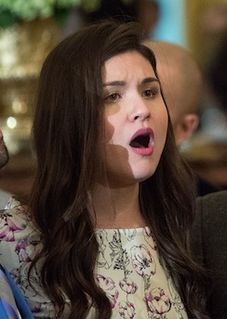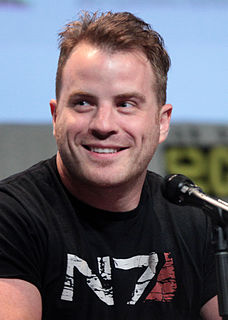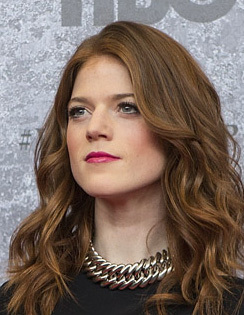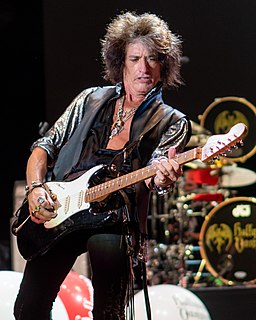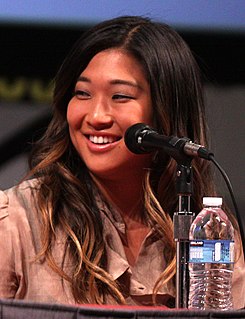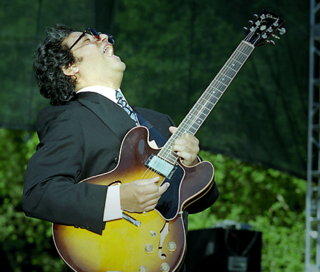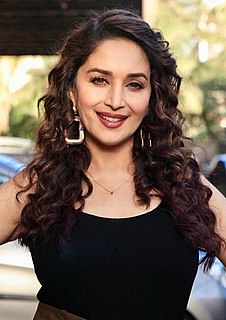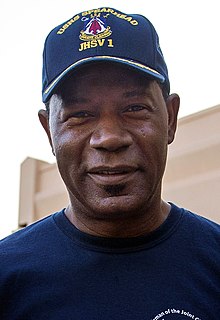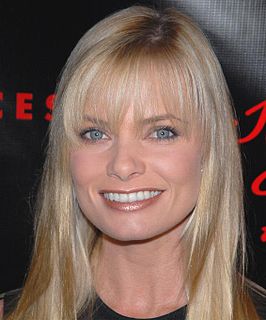A Quote by Phillipa Soo
I took dance from a very early age, although my first recital, I remember refusing to go onstage. I think I was three. It's funny because that stage was also my high school theater stage.
Related Quotes
The headmistress was a very well-respected theater teacher. She taught me what stage left and stage right were, what a director was, and what all these things meant, which was something I had no concept of. She sent me off to drama school, at age 18, and I stayed there for three years. Before I knew it, I was working on a TV show.
Steven and I stood on the stage at the Boston Garden after the Stones had just played there and the stage was still up. We had been playing cards, maybe a high-school dance, to 400 or 500, maybe a thousand. We just stood on the stage and thought, 'Well,man,maybe someday.' In 4 years that was OUR stage.
I started singing in coffeehouses when I was still in high school, in Santa Barbara. I took a job washing dishes and busing tables in the coffeehouse, so I could be there, and would beg permission to sing harmony with the guy who was singing onstage. That was the first time I ever got on a stage in front of people.
My first mentor and inspiration was my Irish Dancing teacher Patricia Mulholland. She created her own form of dance known as Irish ballet and created stage productions of old Irish myths and legends. They were my first experiences on stage. She told my mum I was destined for the stage, and I took that as my cue.
I think the more people you add on stage, the more locked it things become. Whereas fewer members on stage gets the audience to notice any small idiosyncrasy or unique moment that one of the three people onstage is having. It also means that mistakes are accentuated, but to good affect generally if you are that type of band.
My sisters used to learn dance, and I used to stand behind them and dance. So my guruji suggested that I also learn, as I seemed interested. I started learning at the age of three and was always on stage for something or the other. My mother is proud of me, and clearly my artistic bent comes from her.
Normally classical music is set up so you have professionals on a stage and a bunch of audience - it's us versus them. You spend your entire time as an audience member looking at the back of the conductor so you're already aware of a certain kind of hierarchy when you are there: there are people who can do it, who are on stage, and you aren't on stage so you can't do it. There's also a conductor who is telling the people who are onstage exactly what to do and when to do it and so you know that person is more important than the people on stage.
I've studied theater since high school. Of course, it's a different story altogether being on Broadway, but it's still theater, and you have to be in front of a live audience, and that's very exciting. It's something I've definitely wanted to do, but I got involved in movies and television, and then it became a luxury to get back on the stage.
